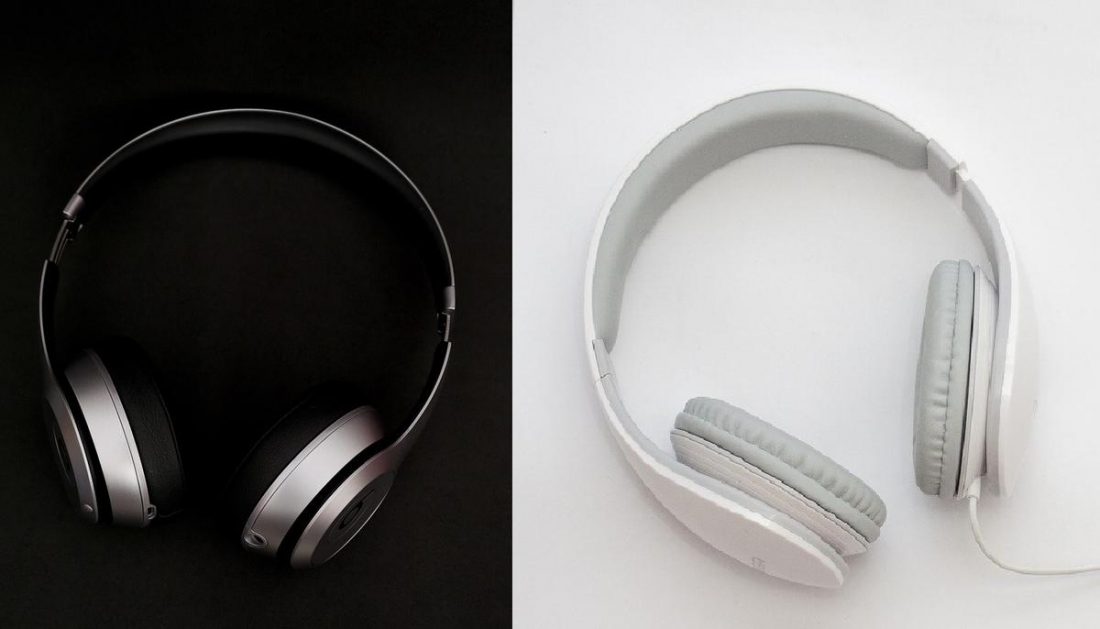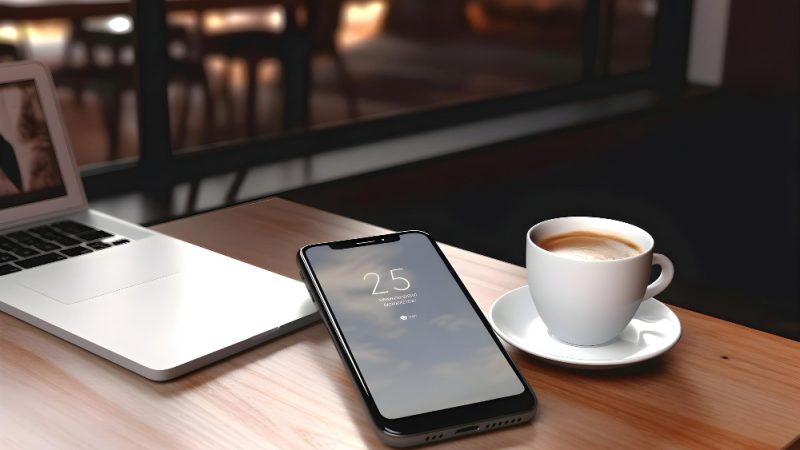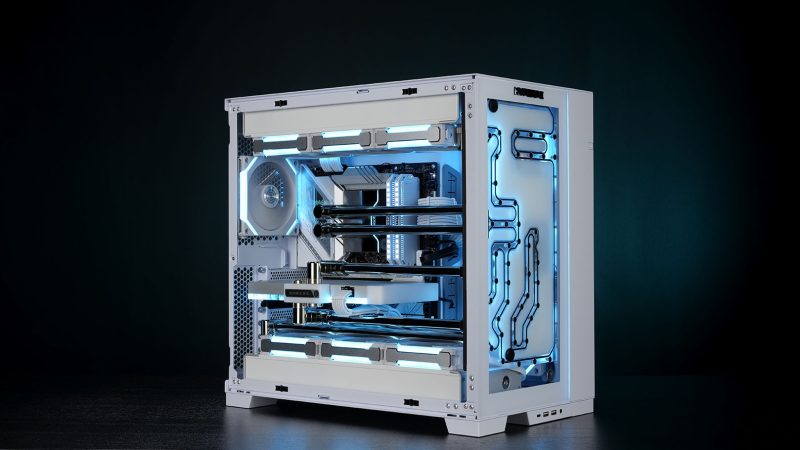How to Decide Between Wired vs. Wireless Headphones.

The debate over wired vs. wireless headphones has been raging for quite some time. However, as a newcomer to this field, it’s easy to become caught in the middle.
Choosing the perfect headphones can be a difficult task. This is especially true if you are unaware of the various considerations that should be taken into account.
To keep up with the latest innovations, it’s tempting to go for wireless headphones. Wireless headphones, on the other hand, usually are more expensive than wired headphones. So, will it be worth it? Keep reading to learn more.
Furthermore, wired and wireless networking each have their own set of benefits and drawbacks. This post will show you how to figure out which headphones are appropriate for your personality and lifestyle.
-
Wireless Headphones & how does it work?
Bluetooth-enabled wireless headphone connects to any device. It connects to various devices, including smartphones, gaming consoles, televisions, speakers, and other electrical gadgets. Wireless headphones use IR (infrared) or radio transmissions to deliver audio signals. Bluetooth-enabled devices typically communicate and exchange data over short distances via radio broadcasts. As a result, wireless headphones can match the sound quality of a wired pair.
Most wireless headphones employ 2.4 GHz Bluetooth to match wired headphones’ HD quality. They can also be purchased with a detachable cord. You’ll also be able to connect to a gadget using a wire. It essentially combines the best of both worlds. Furthermore, wireless headphones come in a variety of styles, including in-ear, on-ear, and over-the-ear.
Let’s look at some of the features of Wireless Headphones:
Advantages:
- Sound quality: Wireless headphones offer varying sound quality based on the brand. However, the headphone’s overall sound quality is excellent. Depending on the distance between the smart device and the speaker, it provides a wire-free and convenient sound experience.
Ambient noises sometimes influence the sound quality. The sound quality will be fantastic if you keep your smart devices close by. When the distance between the headphone and the transmitter is greater, the wireless signal that matches the headphone frequency may be affected. For a clean and realistic sound, most wireless headphones use digital signal processing.
- Portability: Wireless headphones are more portable and lighter because they don’t contain extra cords or components. The tiny form of wireless headphones makes them ideal for sports activities such as jogging, running, gyming, etc. In addition, the reduced weight of the headphones affects comfort, as lighter headphones put less stress on the users’ heads.
- Battery life: Wireless headphones do require a power source. The Bluetooth wireless battery life is between 8 and 12 hours. Furthermore, high-end wireless headphones can last up to 40 hours without needing to be recharged. Wireless headphones can take up to three to four hours to fully charge using a USB cord.
- Compatibility: When it comes to choosing a wireless headset, compatibility is key. All gadgets should be compatible with a good wireless headset. Any Bluetooth-enabled device can be readily connected to wireless headphones.
The majority of today’s wireless headphones are compatible with updated Bluetooth versions. In addition, new technology also aids in updating Bluetooth versions, which can provide excellent sound clarity over a wireless connection. As a result, wireless headphones offer good compatibility and connectivity; however, this may vary depending on how you use your smartphone.
- Freedom to move around: Wireless headphones allow you a lot of movement. You may move around without worrying about unintentionally yanking the cable with them. This can also eliminate the hassle of needing to keep the audio source with you at all times. Some wireless headphones may reach distances of up to 100 feet from your audio source.
-
Wired Headphones & how does it work?
Wired headphones use a wire that is driven by an audio signal to connect to a device. The cables carry electrical impulses to the headphone’s driver, which aids in converting the signal into sound. The power for a wired headphone comes from a source or device such as a computer, tablet, laptop, or phone. A wired headphone connects to a device via the 3.5mm headphone socket, sometimes referred to as “AUX in.”
Some wired headphones have huge plugs, while others have smaller plugs. The great thing is that there is no signal loss with wired headphones. As a result, the battery is used less frequently, and the operation is more fluid. When it comes to listening to music, wired headphones are the most popular option.
Let’s look at some of the features of Wireless Headphones:
- Sound quality: Although there is no significant difference in sound quality between wired and wireless headphones, some individuals claim wired headphones sound more authentic and natural. Because the Bluetooth signal does not interrupt the connection, this is the case. Depending on the device’s output ratio, standard wired headphones can handle up to 2304 kbps.
When comparing the sound quality of wired versus wireless headphones, the latter has a significant advantage. Even at the greatest data rate, technically wired headphones provide far better sound quality. The use of wired headphones reduces the chance of auditory interference. With digital and HD audio, wired headphones sound better. However, the sound and audio quality of the headphone is ultimately determined by the brand.
- Portability: Depending on the purpose and use, both wired and wireless headphones are helpful. Wired headphones are the best for specific applications. If you need to work on a computer and need high-quality audio, corded headphones are the way to go.
Headphones that are wired can be carried in any case and used when traveling. Wired headphones, on the other hand, have only one drawback: cord tangling. There are, however, devices available that provide a tangle-free experience. A wired headphone may not be the best option for sports and gym use.
- Battery life: Because wired headphones do not require battery power, you can plug them into any device and use them anywhere. For increased privacy, some wired headphones use the battery to shut out external sound.
The battery life with the noise-cancelling feature might be anything from 20 to thirty hours. The battery used is the difference between wireless and corded headphones. The battery is not an issue with wired headphones because it is plugged into the device’s connector.
- Compatibility: Because Bluetooth is not used, wired headphones have a high compatibility rating. The 3.5mm cable or chord can be used to connect the headphones to any device. It allows you to connect one end of the wire to the device while the other is connected to the headphones.
With wired headphones, there is no issue with connecting because there is direct contact. On PCs, cell phones, televisions, and tablets, you’ll be able to listen to music or audio files.
When comparing wired and wireless headphones, wired headphones provide the most versatility. There is no problem in the sound sector if the connection is good. You’ll be able to hear your music clearly and loudly.
And finally, it all boils down to the situation you want to use it for.
Both wired and wireless headphones have incomparable features.
Buy a headset with top-notch features if you’re brand conscious. We hope we helped you in making your next Wired/Wireless headphones buying decision a lot easier!
Author Bio – Vivek Roy is an enthusiastic Tech and gadget blogger from India. He loves to share tips and news from all around the world. For more information about him visit his website Leaf Studios.






